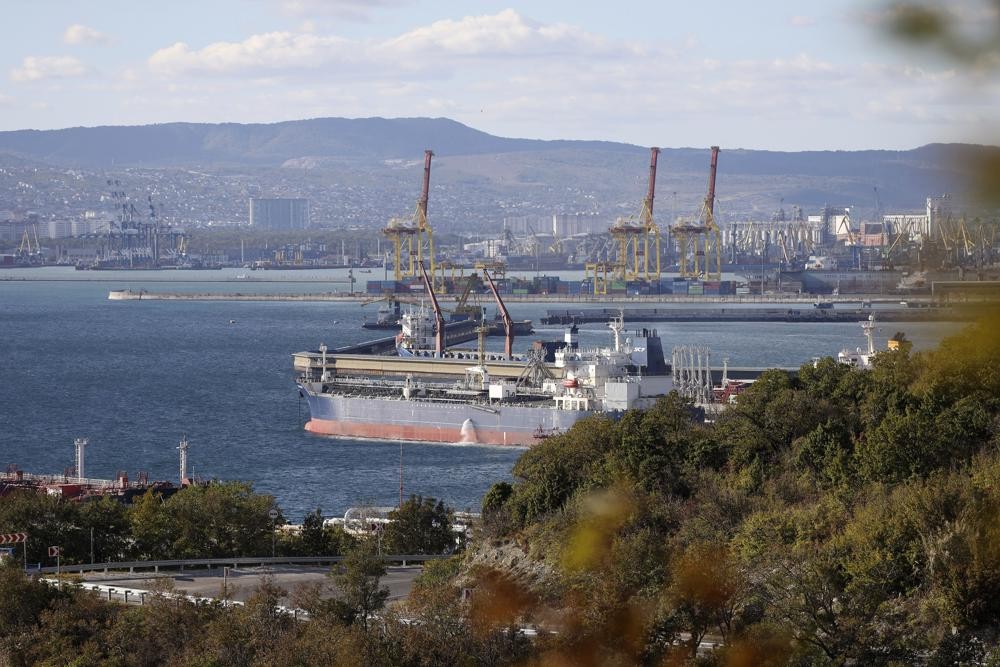 |
| US takes tougher stance on Russian oil sanctions. (Source: AP) |
“It’s something we’re going to have to stick with for years to come,” Mr. Pyatt stressed.
The United States is leading efforts by the Group of Seven (G7) and the European Union (EU) to impose sanctions and embargoes on Russian crude oil and fuel exports.
Moscow's $60-a-barrel price ceiling for crude means that Russian crude shipments to third countries can use Western insurance and banking services if oil is sold at or below the $60-a-barrel ceiling.
The measure comes into effect at the end of 2022, when the EU imposes an embargo on imports of Russian crude oil.
In October, Washington took a tougher stance on sanctions against Moscow and sanctioned two ships for violating price caps.
A month later, the US imposed sanctions on three shipping companies based in the United Arab Emirates (UAE) and three vessels owned by these companies for transporting Russian oil at prices above the ceiling.
The West is considering stepping up sanctions against countries that help the Kremlin circumvent oil price caps.
* On December 4, Russian Ambassador to Germany Sergei Nechayev announced that local businesses want to restore economic relations with Moscow and people want to normalize bilateral relations.
In an interview with the Berliner Telegraph , Mr. Nechayev emphasized: “We are ready for dialogue, we have never abandoned that policy... Moscow sees the need to restore economic relations with Berlin's business community, as well as the people's need for normalization of bilateral relations.”
The Russian ambassador noted that the country “still has many friends in Germany”.
Source



![[Photo] Prime Minister Pham Minh Chinh holds talks with Prime Minister of the Kingdom of Thailand Paetongtarn Shinawatra](https://vphoto.vietnam.vn/thumb/1200x675/vietnam/resource/IMAGE/2025/5/16/23b5dd1e595d429491a54e3c1548fb79)
![[Photo] Welcoming ceremony for Prime Minister of the Kingdom of Thailand Paetongtarn Shinawatra on official visit to Vietnam](https://vphoto.vietnam.vn/thumb/1200x675/vietnam/resource/IMAGE/2025/5/16/cdd9e93739c54bb2858d76c3b203b437)

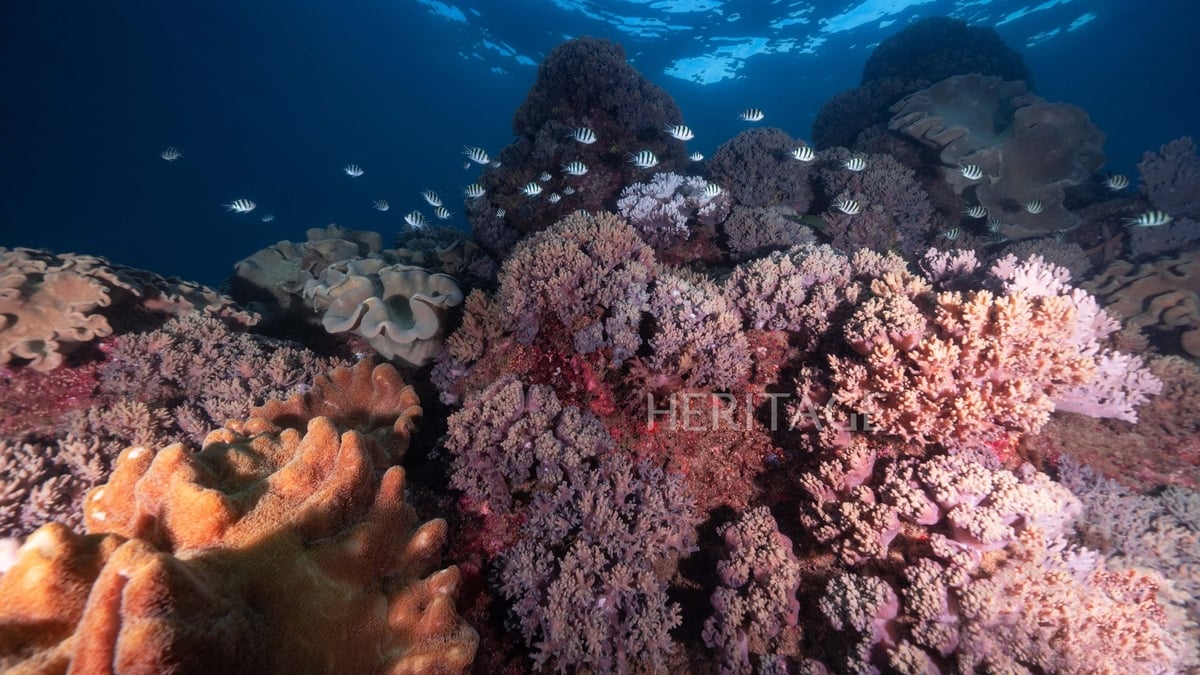



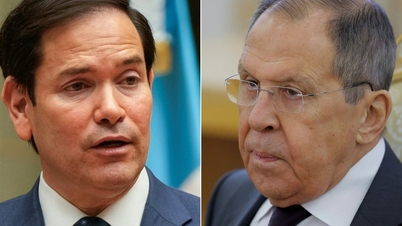

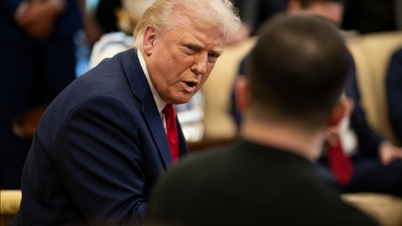
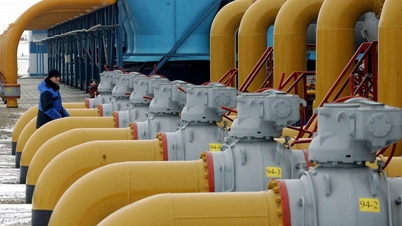

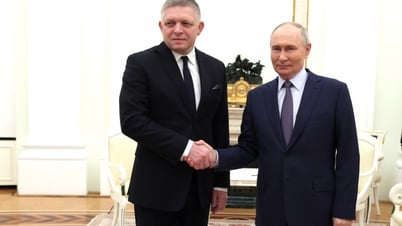







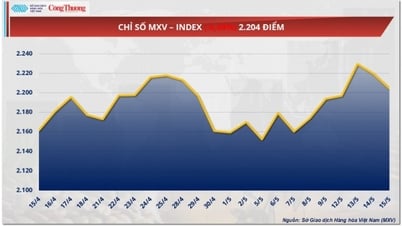















































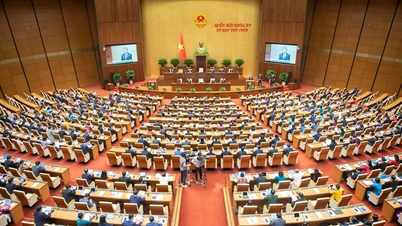




























Comment (0)